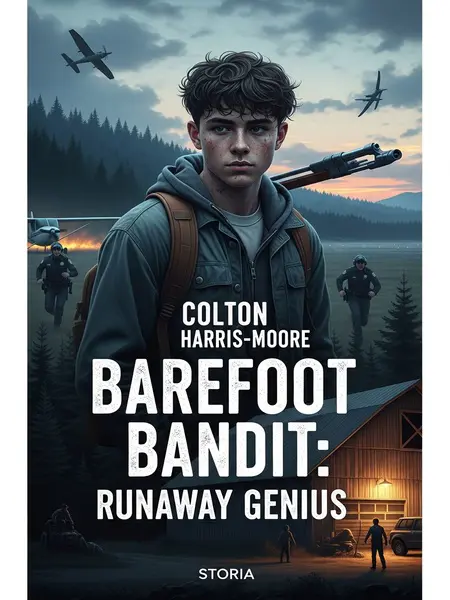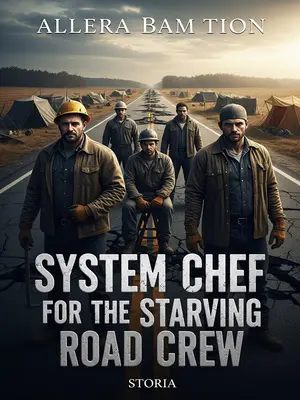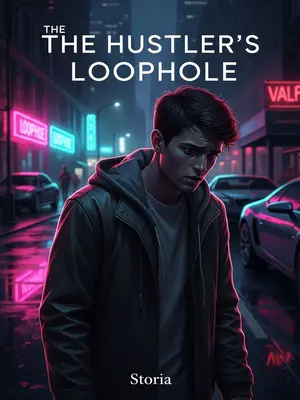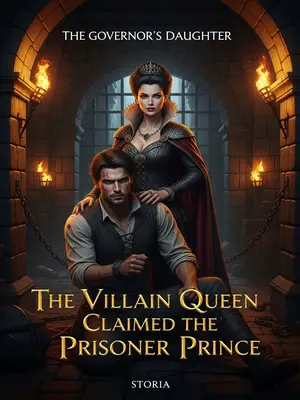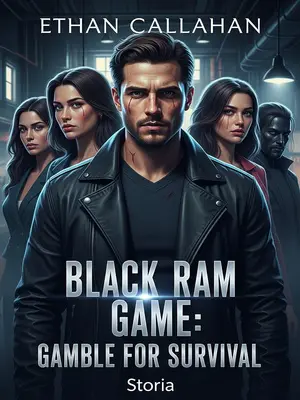Chapter 6: Breaking Out at Midnight
As time passed, Little Col’s thefts became more frequent.
He got cocky, sometimes leaving clues just for kicks.
The wealthy victims finally noticed and reported the crimes.
Security cameras appeared, alarm systems blared, and the community grew cautious.
At age twelve, Little Col and Little Ha were caught red-handed trying to steal a car.
The cops rolled up, sirens wailing. Little Col froze, heart in his throat.
He braced for the worst, but got a surprise.
He expected juvie, maybe foster care.
Instead, they were released quickly—the police figured the real thieves were professionals.
The officers shook their heads, convinced the kids were just unlucky bystanders.
Nobody guessed it was just two kids.
They got a lecture and were sent home to their parents.
Little Col’s mom barely looked up from her drink. Little Ha’s dad grounded him for a week.
Little Col realized being young was a shield—a secret weapon.
After this, Little Ha quit crime for good.
He wanted a normal life, maybe even school. Little Col felt betrayed, but understood.
Little Col was stunned.
He stared at his friend, hurt and angry. "We were supposed to be a team," he thought.
You promised we’d take on the world together, and now you’re out?
He replayed their adventures, feeling a pang of loss.
Fine, I’ll go solo!
He decided he didn’t need anyone else.
One night, while his mom was drunk, Little Col ran away and returned to his old ways.
He packed a backpack, slipped out the window, and vanished into the night.
He lived by a new motto:
“A master can show you the way, but it’s up to you to avoid prison.”
He repeated it to himself, determined to stay free.
From then on, Little Col stole alone and enjoyed his freedom.
He moved fast, never staying in one place for long. The world felt wide open.
Until age fifteen, when a careless mistake got him caught.
He slipped up, left a clue, and the police tracked him down. This time, there was no easy escape.
This time, Little Col was scared.
He sat in the back of the squad car, hands cuffed, wondering what came next.
Under US law, juvenile offenders over fourteen must go to a youth detention center, even if not formally sentenced.
He’d heard horror stories—kids fighting, guards turning a blind eye, endless boredom.
And he learned from police that all his previous crimes had been uncovered.
They showed him a thick file, filled with evidence. The game was up.
This time, he’d be locked up for at least three years.
He did the math, panic rising. Three years felt like forever.
He was terrified—if he went in, he’d be stuck doing prison labor all day.
He pictured himself mopping floors, scrubbing toilets, counting the days.
But Little Col wasn’t ready to quit.
He refused to let anyone control his fate.
With his knack for escaping, he believed:
“There’s no door I can’t open, no one who can keep me locked up!”
He whispered it every night, plotting his next move.
And he wasn’t just boasting.
He’d broken out of houses, cars, even locked sheds. A detention center was just another puzzle.
Once inside, he found the guards and security at the island’s youth detention center were lax.
They barely paid attention, trusting the fences to do the work.
The only real obstacle was a four-meter-high fence.
It loomed over the yard, topped with barbed wire. But Little Col saw opportunity, not danger.
But that was nothing to Little Col.
He studied the fence for days, looking for weak spots. He found one near the laundry shed.
He decided to escape.
He waited for the right moment—a cloudy night, everyone asleep.
One night, while everyone slept, he climbed onto the roof and quickly scaled the fence.
He moved fast, hands bleeding, adrenaline surging. He dropped to the ground and sprinted into the woods.
It was so easy, even the Shawshank Redemption would be jealous.
He laughed to himself, imagining Morgan Freeman narrating his escape.
After escaping, Little Col grew even bolder.
He felt unstoppable, ready for anything.
But by then, he’d stolen almost everything in his hometown—being unbeatable was lonely.
He wandered the streets, searching for purpose. The thrill was fading.
What could he do next?
He needed a new challenge—something epic.
Soon, he came up with an epic plan.
He dreamed bigger than ever before, ready to make history.
This plan would take him from local troublemaker to international fugitive.
He started researching airports, flight paths, and escape routes.
